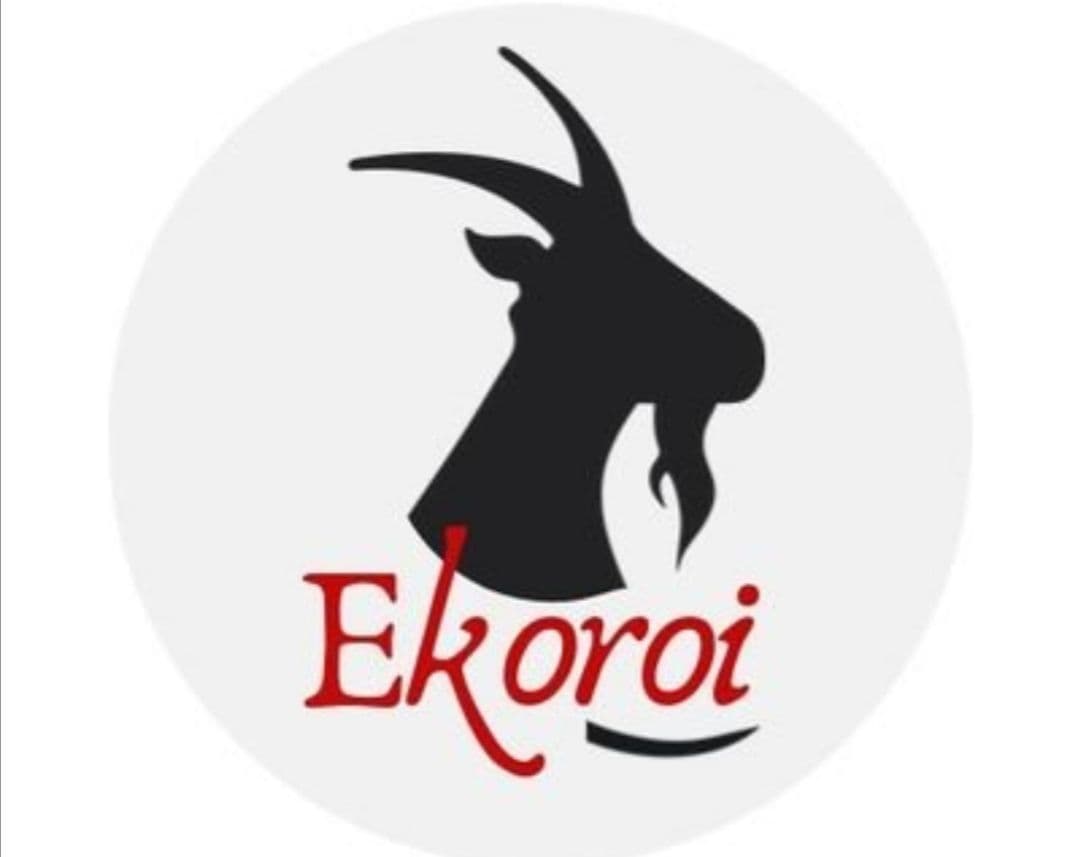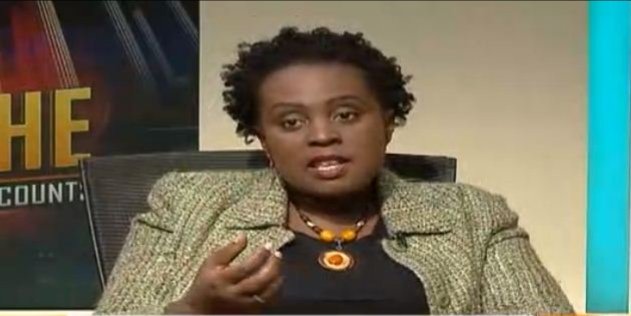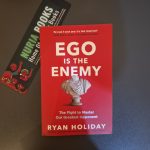This article is based on the Twitter thread of Dr Wandia Njoya.
Start
For the longest time, the British were frustrated by the Kamba. Like the Giriama, the Kamba didn’t enter the cash economy. They used cattle as a medium of exchange for food, dowry and other transactions.
The colonialists came up with a plan. Destocking. #politicaleducationKE
The colonialist claimed that the Kamba had too many cattle. But more than that, in 1938, the colonial governor wrote an order commanding the Kamba to give up their cattle to a slaughter house in Athi River called Liebigs. And the Machakos DC was going to get a cut.
The order was brutal. In places like Kangundo, people were losing up to 90% of their stock. So the Kamba mobilized people to resist the order, and held a six-month sit-in to protest. The British pulled back the order because they were afraid that the struggle would turn violent.
With other protests happening elsewhere in the country, the British could not afford a violent strugle in Ukambani.
But that victory is not the end of the story.
Western historians, writing about this protest later on, said the protest was still not a “nationalist” one.
They said that the 1938 protest was not nationalist but about livestock. That is just stupidity at another level, from this professor of history at Princeton. What is nationalism, except the ability to live in economic dignity and from our work?
https://t.co/3EMDHtOxUz
But it also explains how we landed with a single “Mau Mau fought for freedom” narrative. History of all other struggles, especially directly economic ones, were suppressed. Until this year, I didn’t know that during the emergency, there were also major workers strikes in Mombasa.
The strike was going regional and paralyzing the economy. So as the British were torturing the Kikuyu in the gulags, they were also jailing and assassinating militant workers.
The British also imported Western-style labor unionism so that the workers could be “officially” organized in a way that the colonialists could coach the leaders of the workers.
Even the Mau Mau was initially framed as cultural and in terms of oathing, not military resistance.
And Tekayo’s family (a reference to the Kenyattas based on Grace Ogot’s story where a grandpa kills and eats the liver of his grandchildren) still talks about it in cultural terms, that’s why Mau Mau has become synonymous with uthamaki. And like I’ve complained many times, even academics repeat this cultural narrative and remove the military resistance of the Africans. We talk only about the camps
The seperation of nationalism from struggles of work and exploitation is responsible for Kenyans becoming so unconscious of how colonialism is not simply about land and government. Colonialism is also about who owns our work.
Land for Tekayo is useless without there being an economy that supports the exploitation of that land, like title deeds issued and protected by the state, banks owned by them to control money, education rigged by them, and tax collection done by them.
This is why we are still unable to describe how Tekayo’s empire is so unjust. The Tekayos are not simply rich and we are poor. It’s that they are rigging the economy so that our work will make them rich, leave us poor, and yet they don’t work. We still have not understood.
If we understood that nothing we do will make our lives better if we are not born into the right family, and that those families are rich FROM OUR WORK, every Kenyan would be on the street now. Instead, we following elites and talking about reports (eg #BBIReport) and elections.




